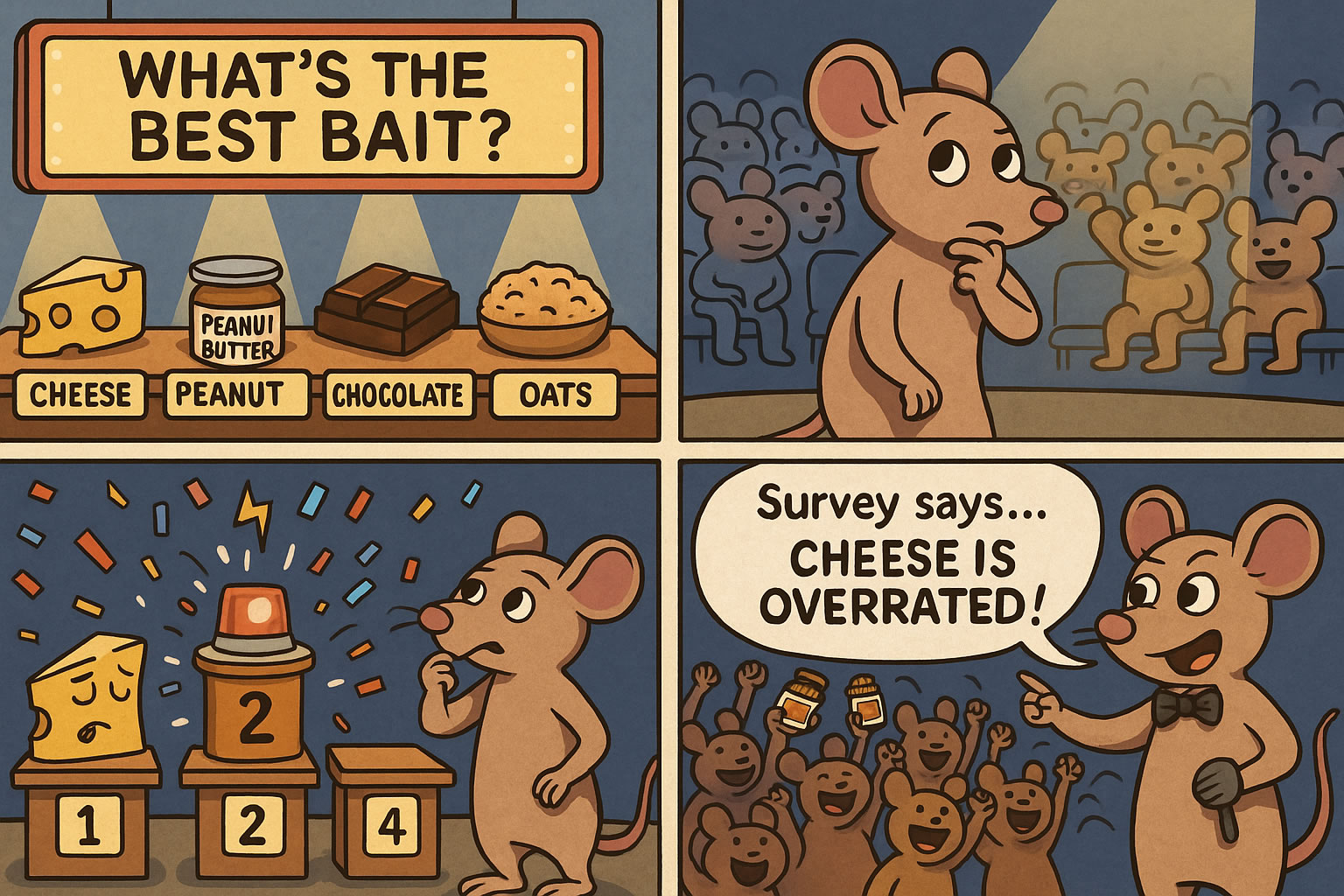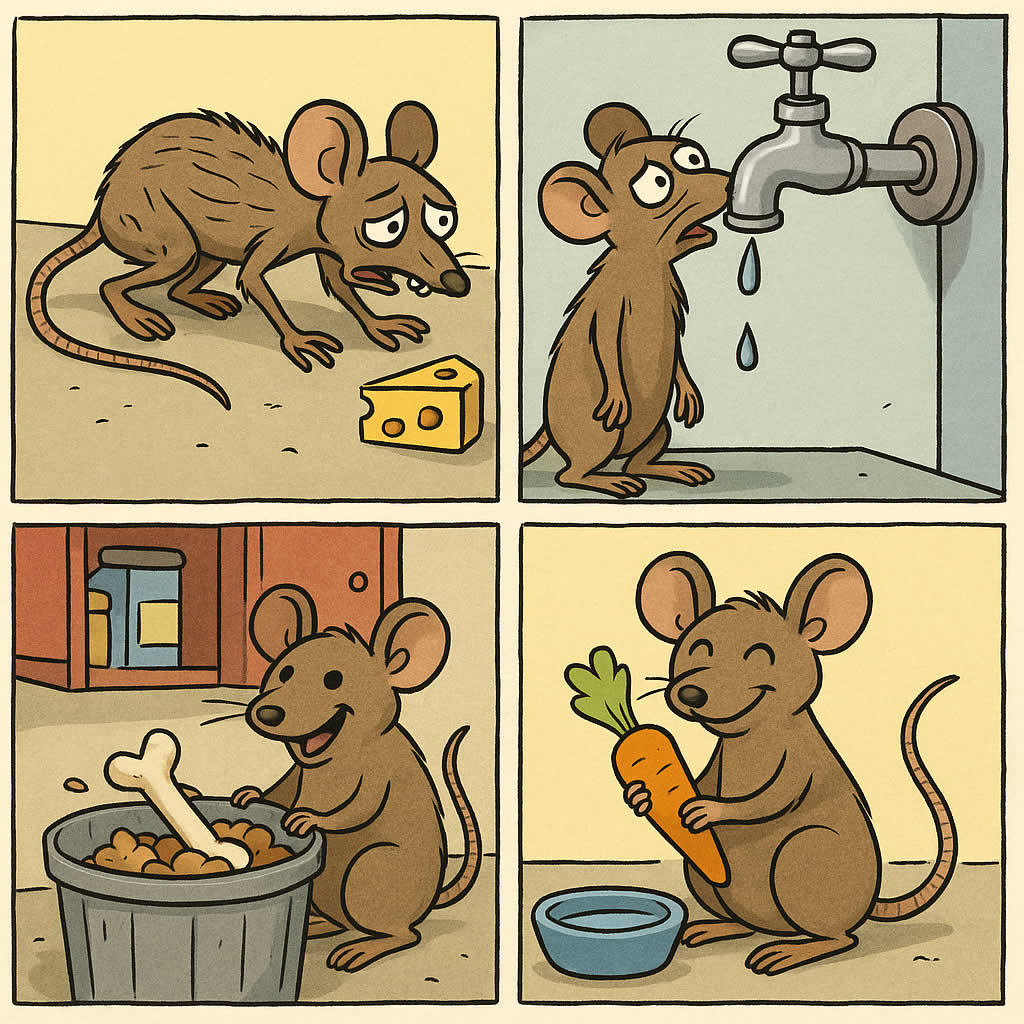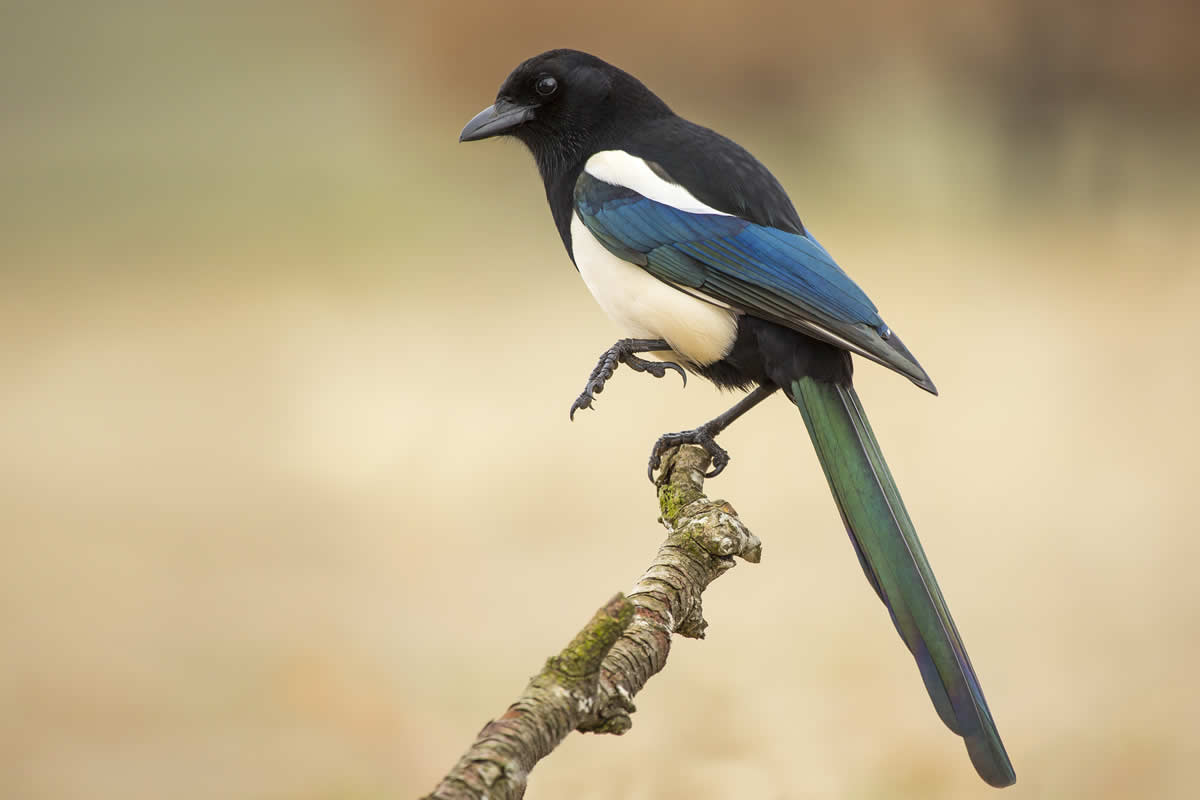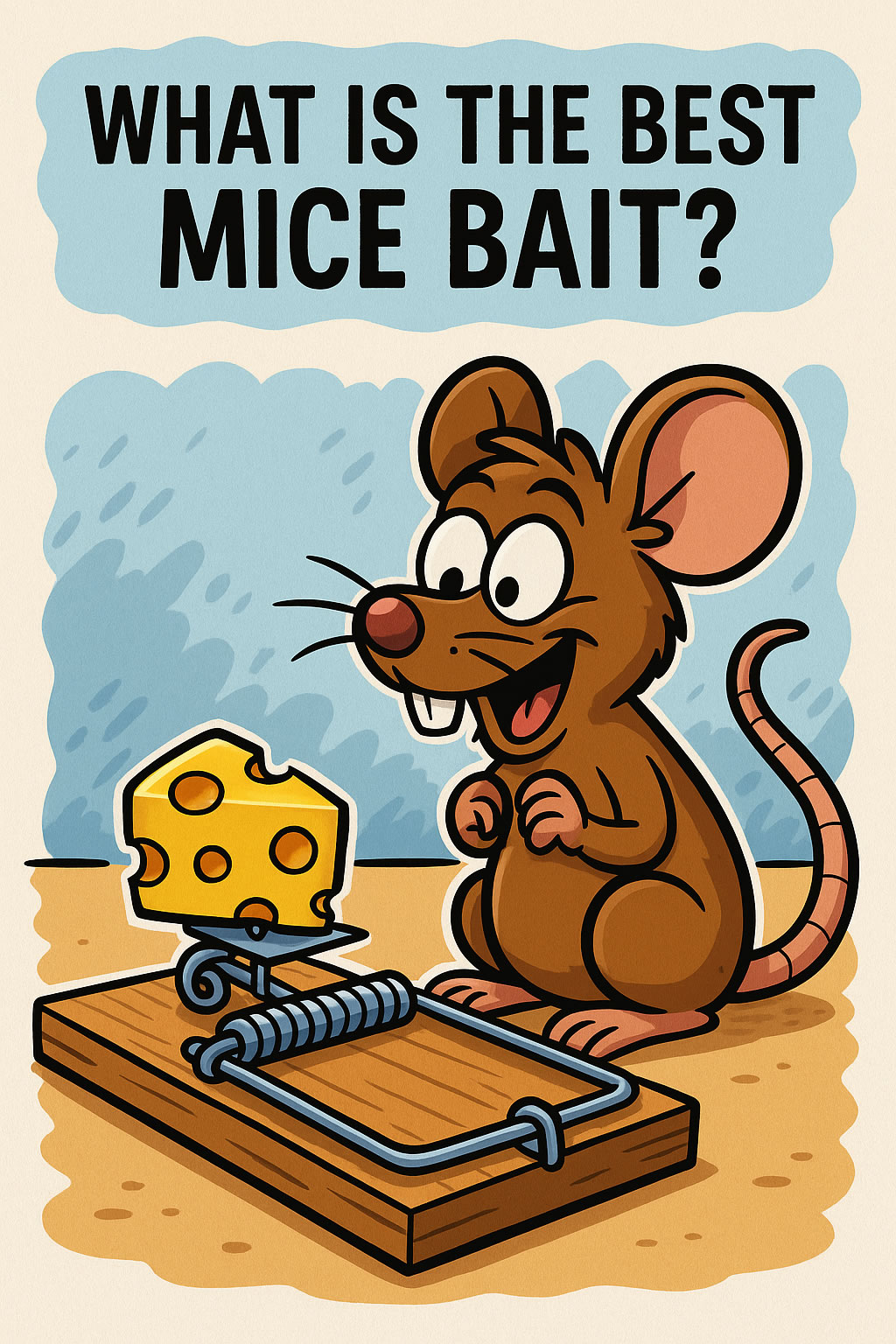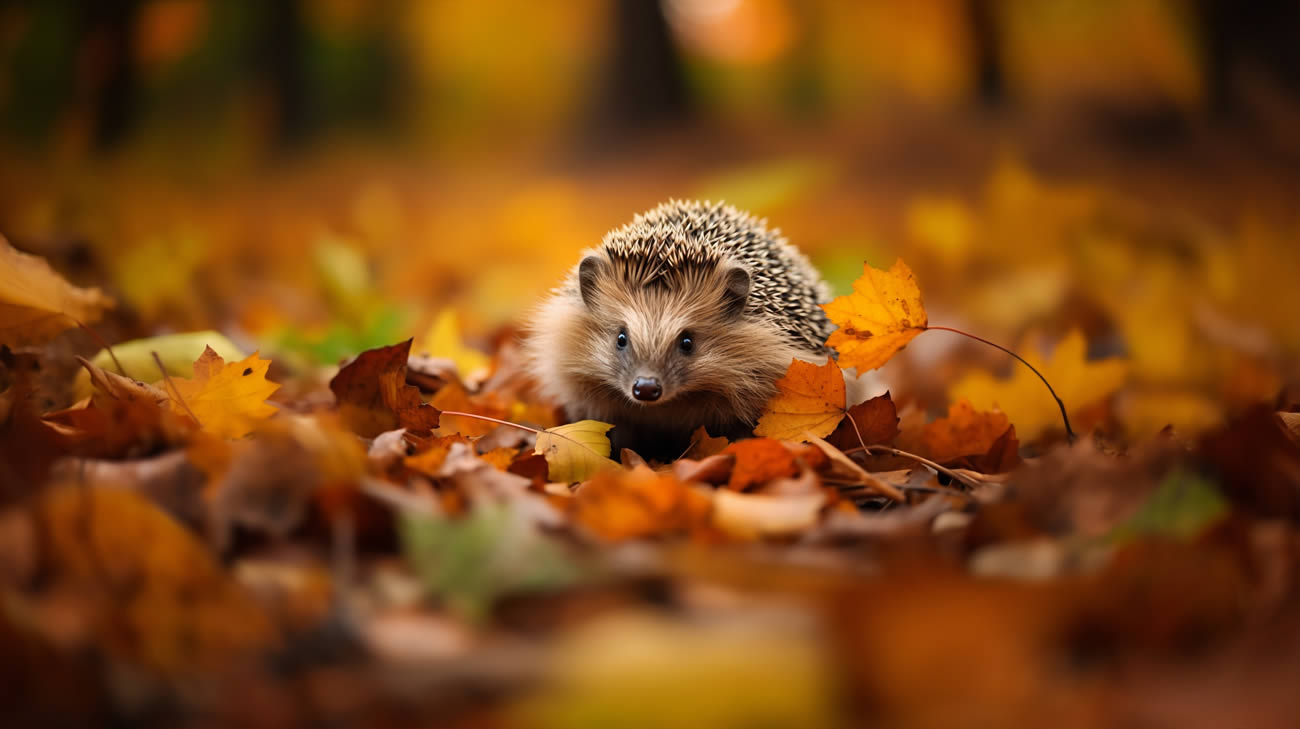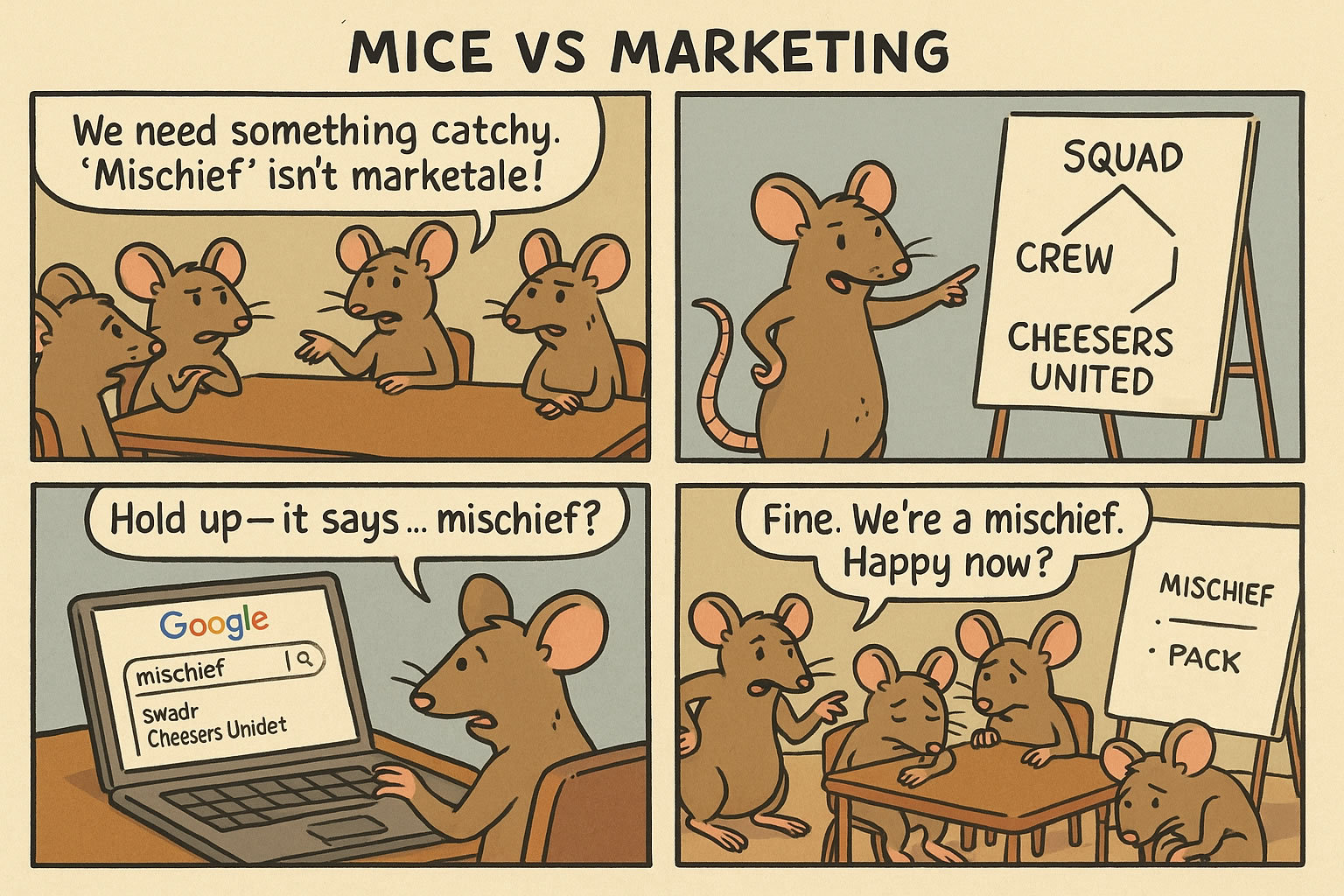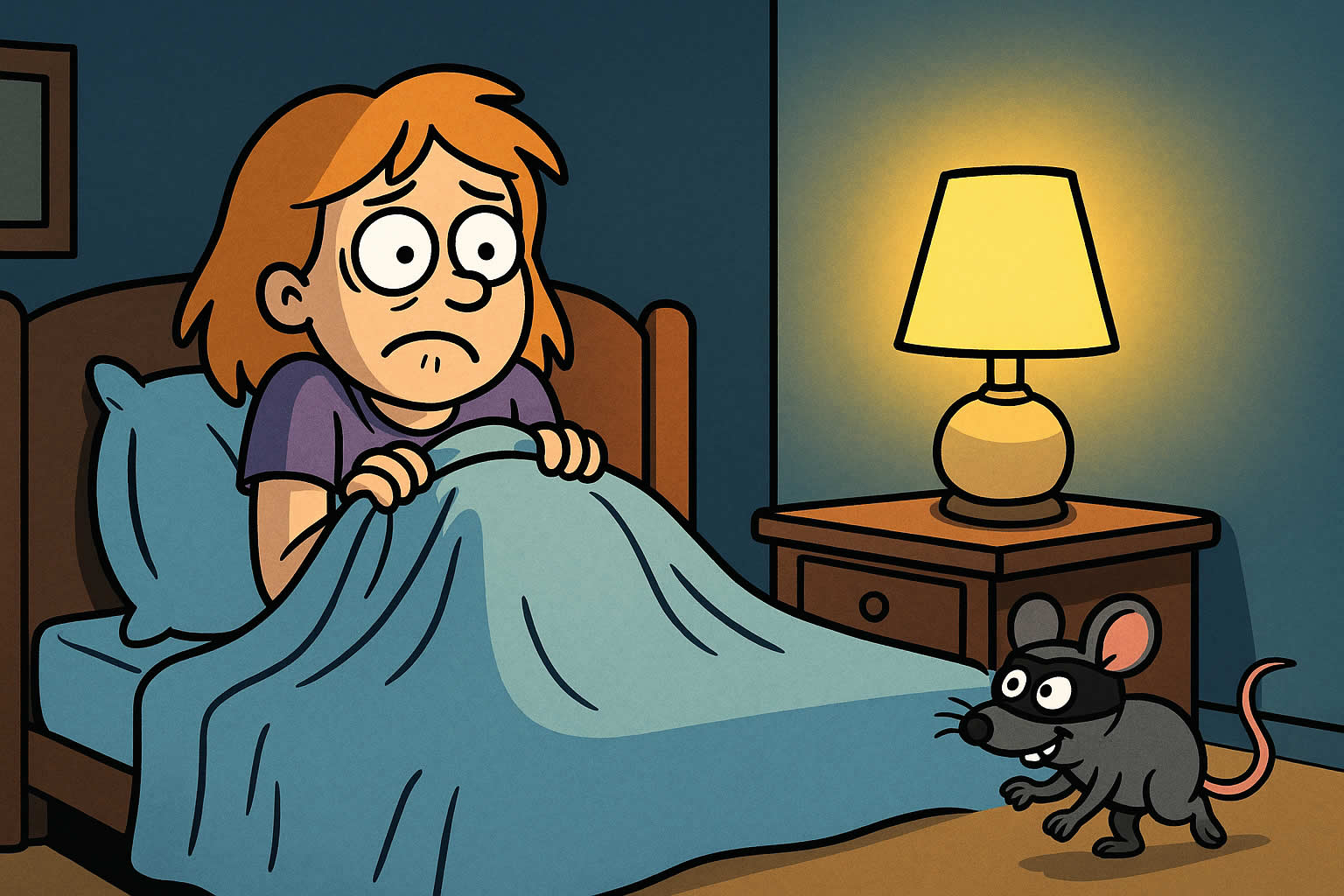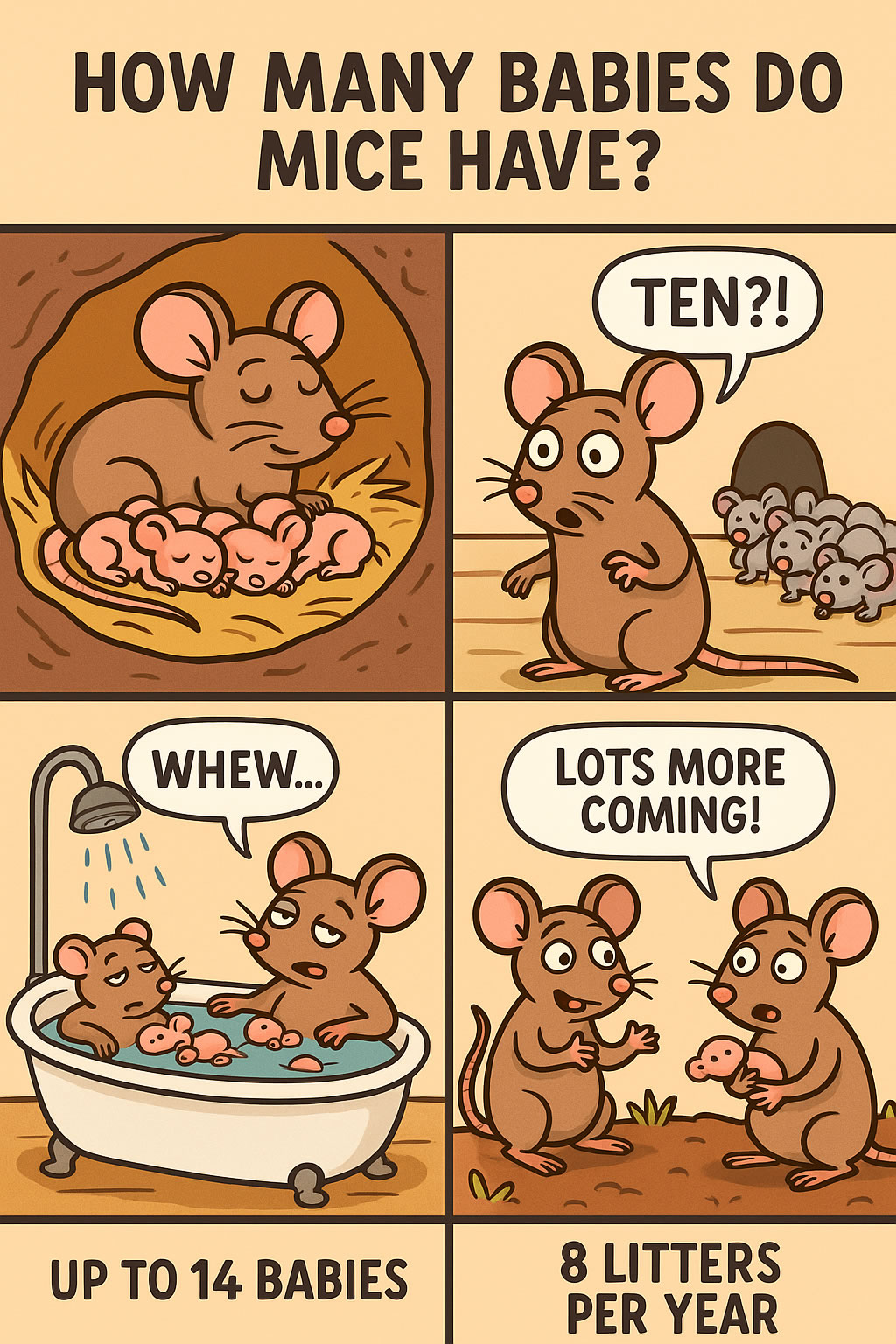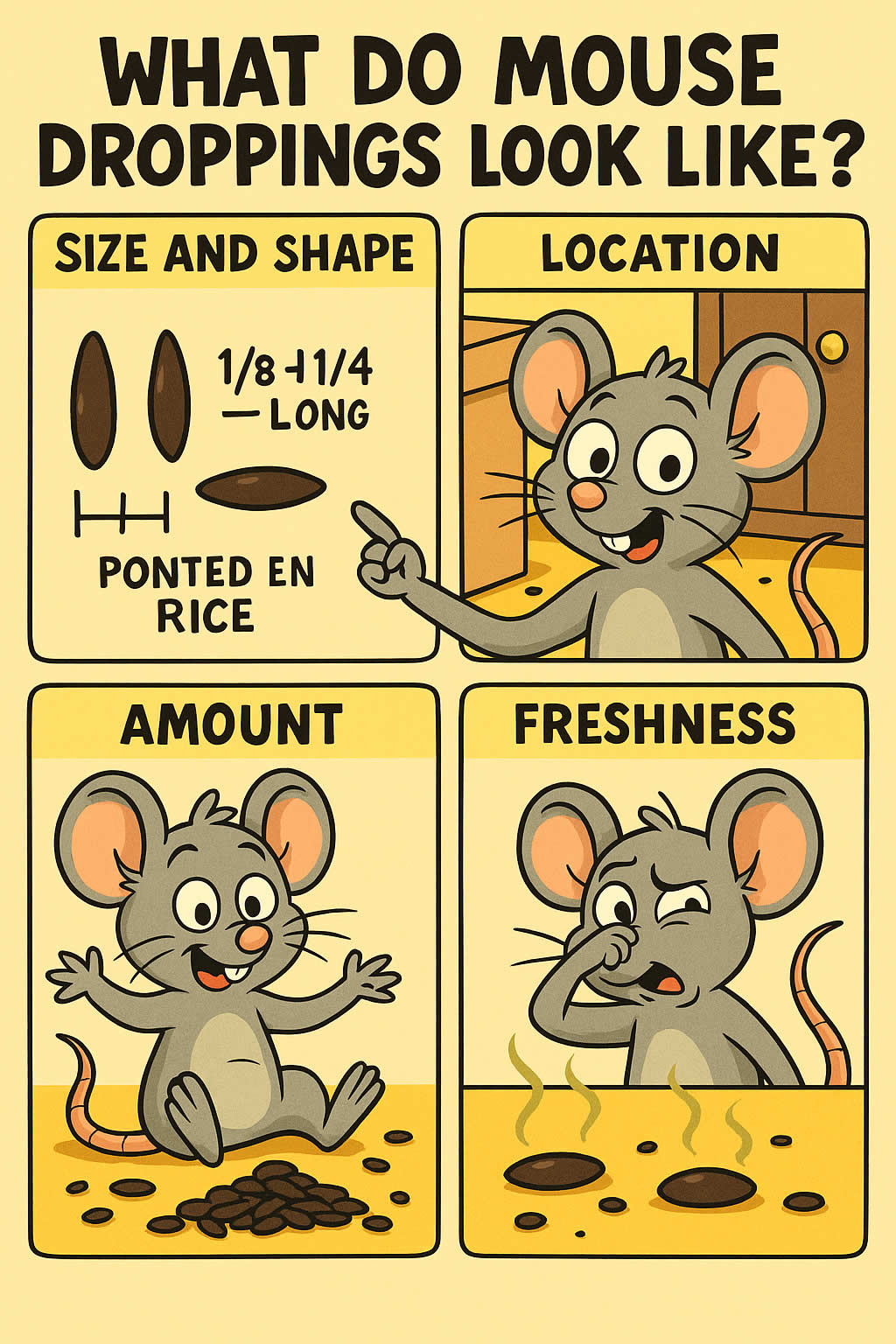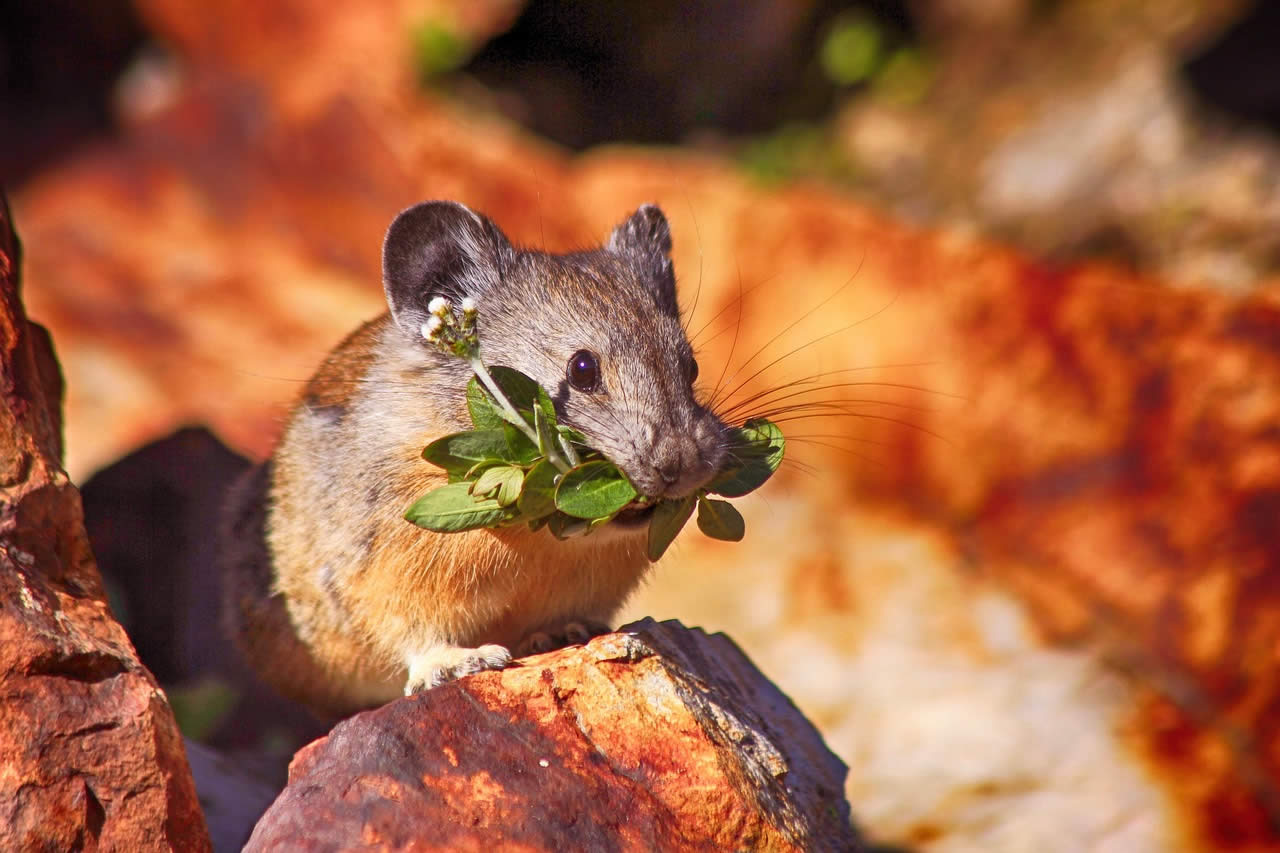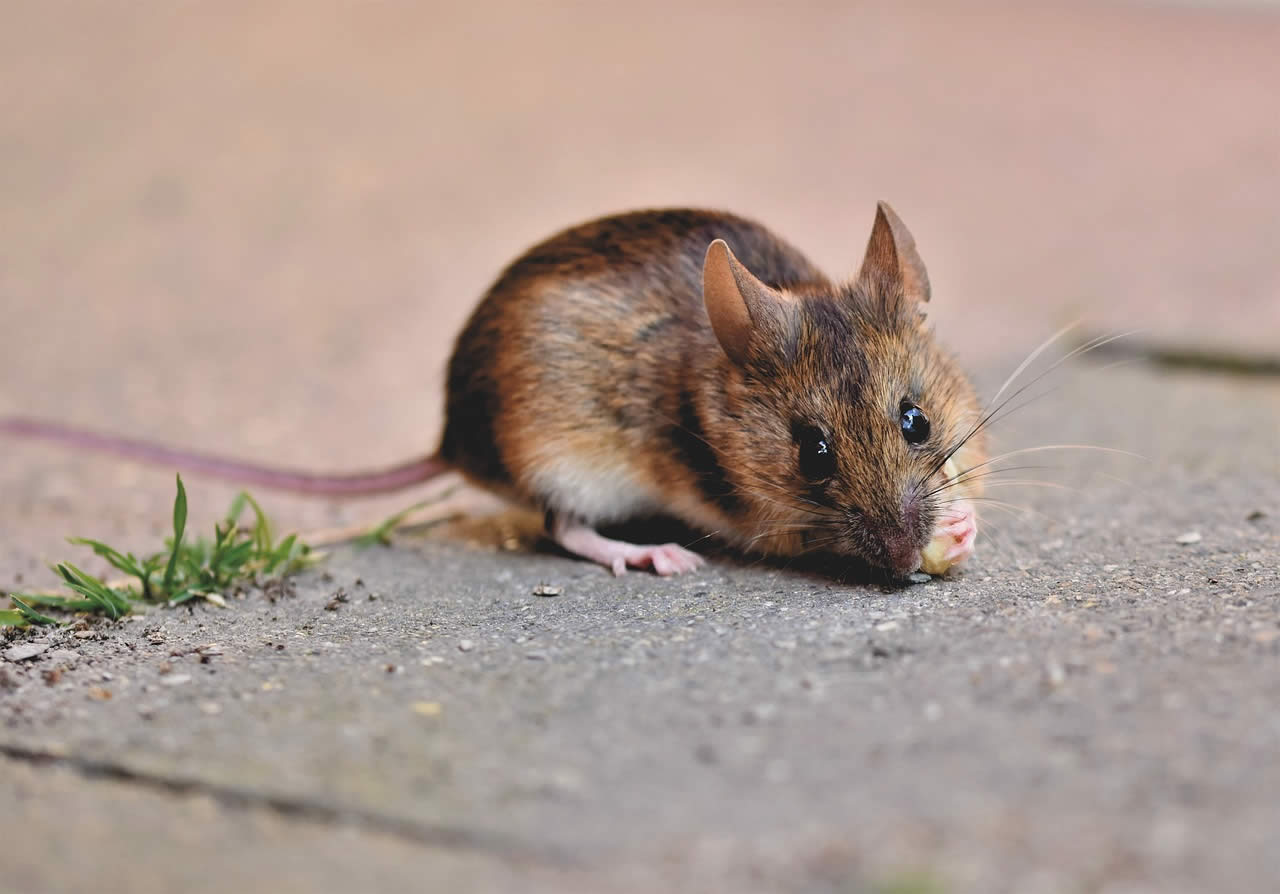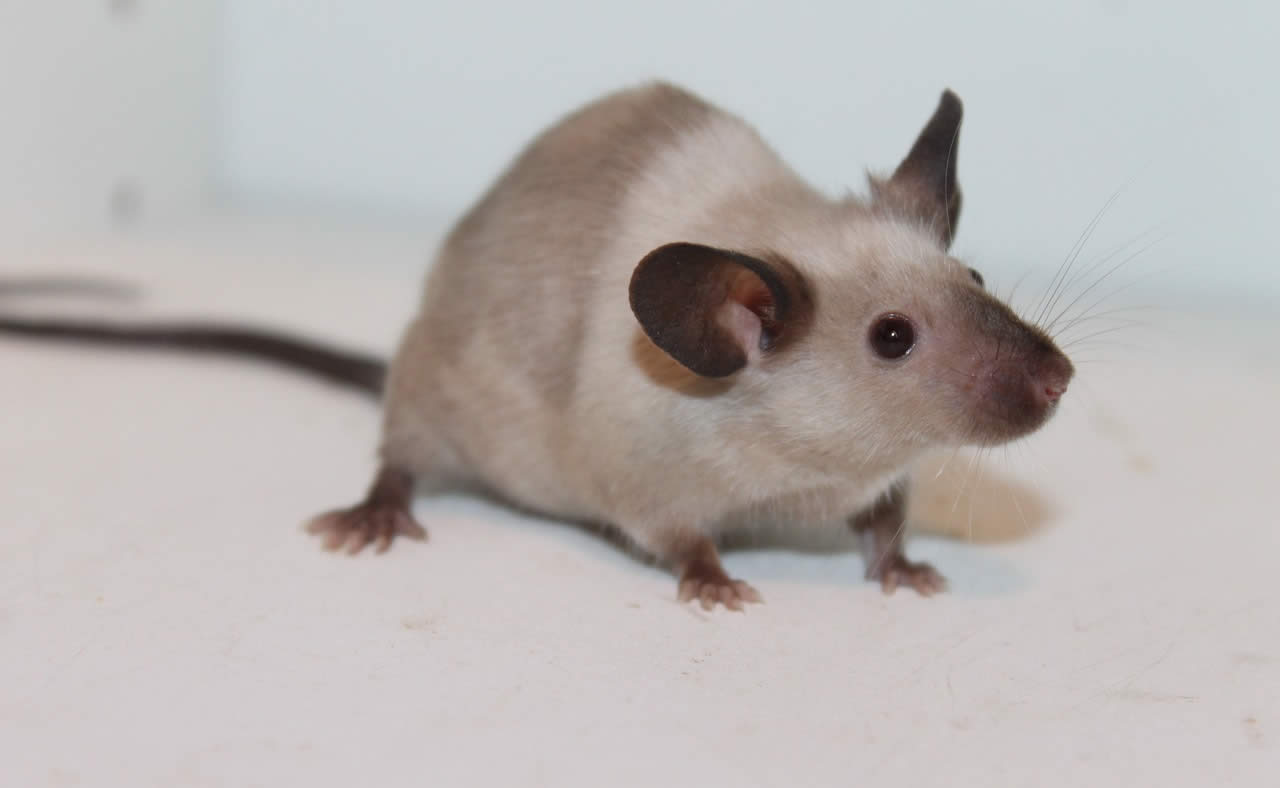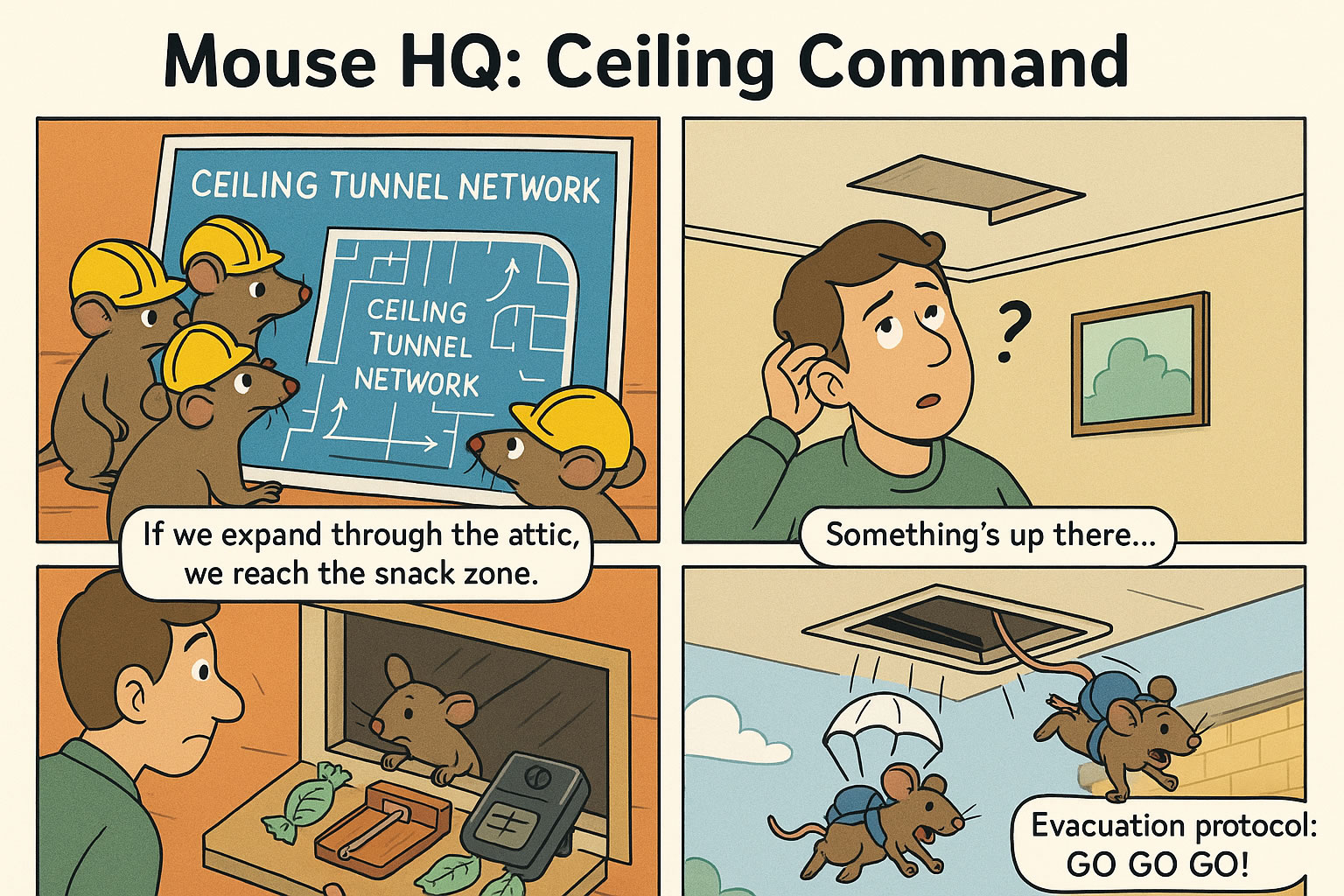Related Queries
ToggleIf you’ve ever seen a cartoon, you probably believe mice love cheese more than anything else. It’s a classic image—tiny mouse, big wedge of cheese, and one inevitable trap. But if you’re dealing with a real mouse problem, it’s worth asking… do mice actually like cheese? And if they don’t, what should you be using instead? The truth might surprise you—and could change the way you deal with mice for good.
Do mice naturally go for cheese?
Not really. Mice will eat cheese if it’s the only thing around, but it’s not their first choice. The idea that mice love cheese likely came from early stories and illustrations. It’s an easy image to imagine—a smelly chunk of food left out overnight, and a mouse helping itself. But in reality, mice prefer other things, especially those with more sugar or carbohydrates.
They’re scavengers, which means they’ll eat almost anything to survive. But if you leave a bit of chocolate, cereal, or peanut butter near a piece of cheese, the cheese will be the last thing they touch. That’s because mice tend to go for high-energy foods that give them more calories in smaller bites.
Why do people still use cheese in traps?
It’s mostly habit. If you’ve seen it done before, you’ll probably try it. Cheese is easy to handle, easy to cut, and it seems logical at first. The trouble is, cheese doesn’t have a strong scent trail that lasts, and it dries out fast when exposed to air. That makes it less effective for drawing mice in.
Mice rely on smell to find food. If the bait you use dries up or loses its scent quickly, it becomes less useful. That’s why so many traps get ignored—not because the mice are clever, but because they just don’t care enough to risk it.
What types of food do mice actually prefer?
When it comes to picking bait that works, it helps to know what mice look for. In most cases, they’ll go straight for foods that are:
- Sweet or high in sugar
- Rich in fats or oils
- Sticky or soft, so they can’t just grab and run
Some of the most reliable bait options include:
- Peanut butter (one of the best)
- Chocolate or Nutella
- Oats mixed with syrup or honey
- Seeds and grains
- Soft bits of bread
- Cooked pasta or rice (if you want to get creative)
If you’ve tried cheese and seen no results, switching to one of these can make a massive difference. A small blob of peanut butter on the trap is often enough to lure even cautious mice.
Does the type of cheese matter?
It can. Some cheeses are more pungent than others. Soft cheeses like brie or camembert give off more smell than harder cheeses like cheddar or gouda. If you only have cheese to work with, go for one with a strong odour. But even then, it’s still not likely to outperform peanut butter or chocolate spread.
Keep in mind that a lot of modern cheese is refrigerated, sealed, and not exposed to the air. That means less scent and less appeal. Mice aren’t drawn to the cheese itself—they’re drawn to the smell of food breaking down or fermenting. So if your cheese isn’t smelly, it won’t grab their attention.
What if cheese is the only thing you have?
If you’re setting a trap tonight and cheese is all you’ve got, make sure it’s soft, smelly, and freshly sliced. Use a small piece, press it firmly onto the trigger so it doesn’t fall off, and check the trap regularly. But don’t be surprised if it doesn’t work as well as you’d hoped.
While it’s better than nothing, cheese just doesn’t compete with bait that’s sweeter, stickier, or more enticing to a mouse’s senses.
Can using the wrong bait cause mice to avoid traps?
It can slow down your success, yes. Mice are cautious creatures. They watch before they act. If a trap doesn’t smell right or feels unfamiliar, they might avoid it completely. And once a mouse figures out it can ignore a trap safely, the others will follow.
That’s why using the most attractive bait possible is key. You want them to be drawn in quickly, act before they hesitate, and take the bait without second guessing it. The more tempting the scent, the less time they spend deciding.
Is it just about food, or does placement matter too?
Bait is important, but where you put it is just as crucial. Mice don’t like open spaces. They stick to the edges, follow skirting boards, and stay near cover. If your trap is in the middle of the room or somewhere bright and exposed, they’ll ignore it.
For the best results, place traps:
- Behind furniture or appliances
- Along walls or under counters
- Near known droppings or gnaw marks
- In lofts, cupboards, or basements
Use gloves to handle the trap and the bait. Human scent can put mice off, especially if you’ve cleaned the area recently with strong chemicals.
Why do some people still catch mice with cheese?
Because sometimes, it works. Mice are opportunistic. If they’re hungry, and cheese is the only thing on offer, they’ll take the risk. But if they have options, they’ll always go for something better. If your neighbour swears by cheese, it might be because the mice had nothing else to eat. That doesn’t make it the best choice—it just means it worked that time.
How does this help if you’ve got an infestation?
When you know what attracts mice, you’re in a better position to control them. You can bait traps more effectively, cut off their food supply, and remove the things that bring them in. If you’re still using cheese because it feels right, it might be time to try something more appealing.
Even if you’re not using traps, this helps. If you know mice love sweet or fatty food, you’ll know to store those items properly. Sealed containers, clean worktops, and empty bins are far more effective when you understand what draws them in.
Can you use non-food bait instead?
In some cases, yes. If you’ve seen mice nesting or chewing things, you might try baiting with bits of string, insulation, or soft fabric. This can sometimes work if they’re building a nest and less focused on food. But food-based bait is almost always more effective, especially in colder months when they need calories to survive.
Should you keep baiting after catching one mouse?
Absolutely. Mice rarely show up alone. If you’ve caught one, there’s a good chance more are nearby. Keep the traps in place, replace the bait regularly, and stay consistent for at least a couple of weeks. If you stop too early, you might leave part of the colony intact.
What’s the best approach overall?
To deal with mice effectively, don’t just rely on bait. Use it as part of a wider plan. That means:
- Sealing up gaps and holes, both inside and out
- Keeping all food stored away in sealed containers
- Cleaning up crumbs, spills, and leftovers every day
- Removing clutter where mice might hide
- Setting multiple traps in known hot spots
And yes—use the right bait. Cheese might be familiar, but it’s not what gets results. You’ll do better with peanut butter, chocolate, or cereal-based bait, especially if you’re trying to clear a stubborn infestation.
So, do mice like cheese?
They don’t hate it—but they definitely don’t love it. It’s not their go-to snack, and if they’ve got better options, they’ll skip it completely. If you’re trying to catch them or keep them out, switch to something that really draws them in.
You’ve now got a clearer picture of what works, what doesn’t, and why so many traps fail when people stick with old advice. Whether you’re dealing with one curious mouse or a full-blown problem, the right bait and the right approach can make all the difference.
Forget the cartoons. Stick to what works. That’s how you get ahead of mice—and keep them out of your home for good.
Pest Control Stanford – Pest Control Silsoe – Pest Control Tempsford
